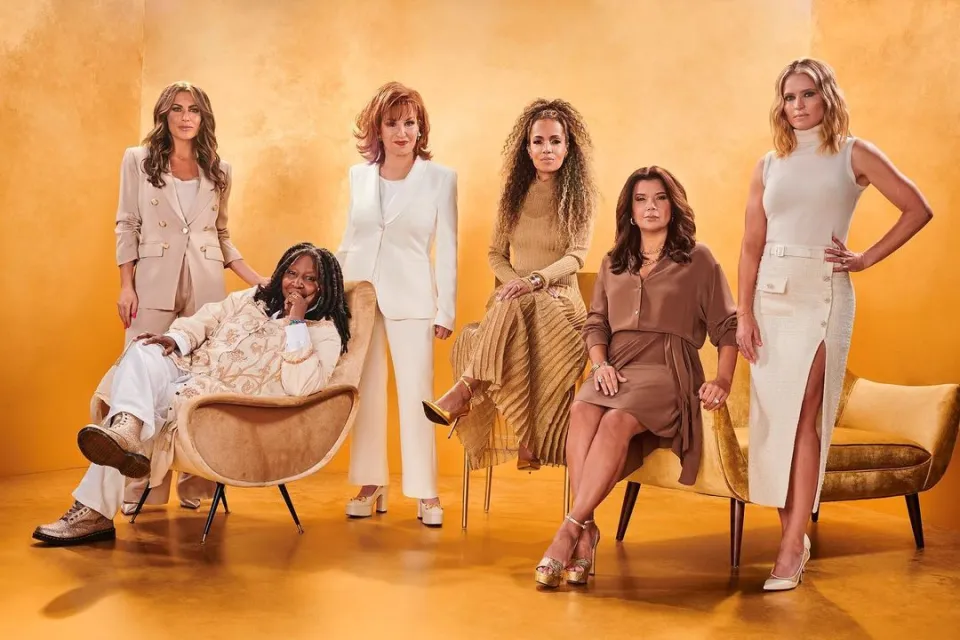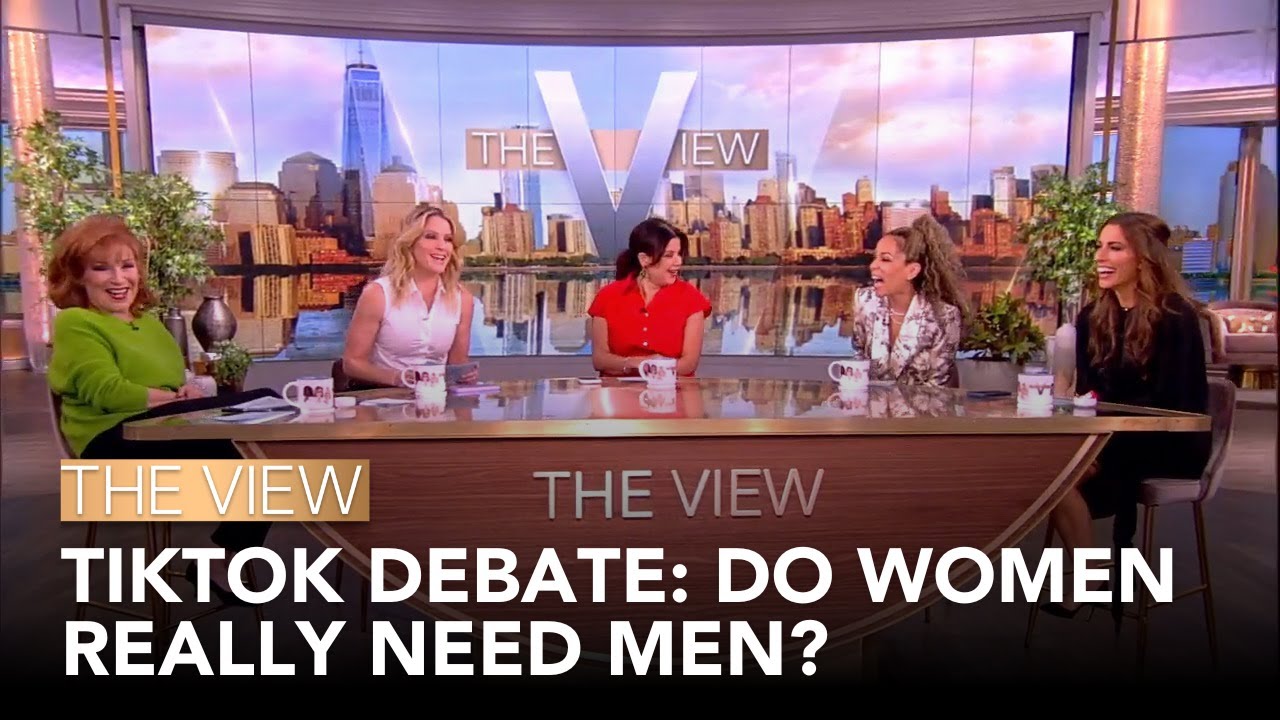In a controversial segment aired on March 22, 2024, ABC's "The View" explicitly questioned the necessity of men in society with comments that left little room for misinterpretation. The discussion, led by co-host Joy Behar presenting a viral TikTok clip, prompted co-host Ana Navarro to remark, "Because men are useless," drawing a clear line in the sand regarding her view on the role of men. This blunt statement, coupled with Navarro's subsequent differentiation between straight and gay men, ignited a firestorm of debate over the direction of feminism and its implications for gender equality.
The Unambiguous Message
There was no ambiguity in the message delivered on "The View." The hosts did not mince words when discussing whether society needs men, with some statements suggesting a dismissive attitude towards men's relevance. This has led to widespread criticism, accusing the show of propagating misandry under the guise of feminist discourse.
Feminism's Descent into Misandry?
The reaction to the episode has been polarized, with many seeing it as a symptom of a broader issue within some feminist circles - the push for equality turning into an effort to undermine men. Critics argue this is not about elevating women but rather about diminishing men, a trend they label as "reverse equality." This perspective is echoed across social media and blogs, where users express frustration over what they perceive as feminism's departure from advocating for true equality to promoting hostility towards men.
On platforms like Reddit (r/AskFeminists), users have debated the necessity and impact of all-female panels like "The View," questioning if they inadvertently promote gender division rather than unity.
In articles and discussions on Quora, there's a growing concern that some modern feminist rhetoric might be alienating potential allies by focusing on what men do wrong rather than on mutual respect and shared goals.
Public Backlash and Support
The backlash was immediate, with many calling out the show for its seemingly misandrist stance. The American Tribune labeled the segment as an "unhinged anti-men rant," while posts on X (formerly Twitter) reflected a mix of shock, anger, and support for the hosts' right to express their opinions, however controversial.

The Defense and the Divide
Supporters of the hosts' statements argue that the context of the discussion was perhaps not about literal dismissal but rather a critique of societal structures that have historically favored men. However, the clarity with which these sentiments were expressed left little room for seeing this as anything but a direct critique of men's roles.
Yet, this episode underscores a significant divide within feminism itself. There are those who advocate for a feminism that includes men in the conversation, recognizing that true equality benefits all genders. The Guardian and The New Yorker have explored this idea, suggesting that feminism should also address the pressures and injustices faced by men, advocating for a more inclusive approach to gender equality.
Conclusion
What "The View" aired was not a misinterpreted message but a clear and unambiguous statement that has fueled the debate about the current state of feminism. The challenge now lies in distinguishing between advocating for women's rights and inadvertently or intentionally fostering anti-male sentiment. For feminism to continue its mission effectively, it must navigate these waters carefully, ensuring that the pursuit of equality does not devolve into the very forms of oppression it seeks to dismantle.
